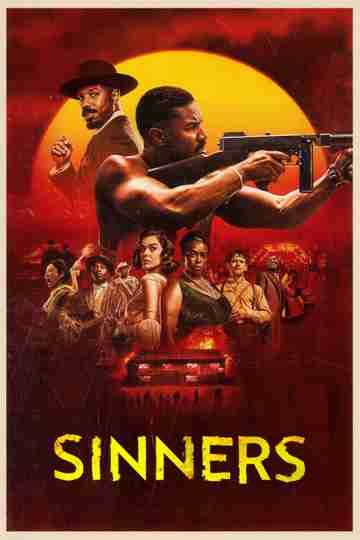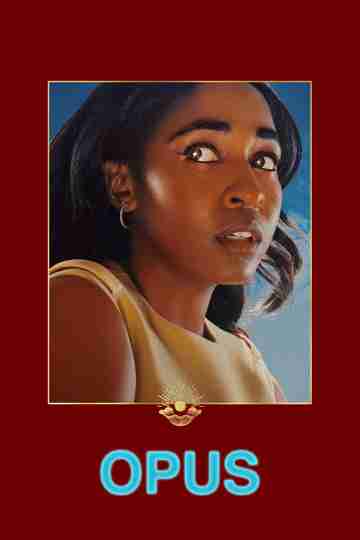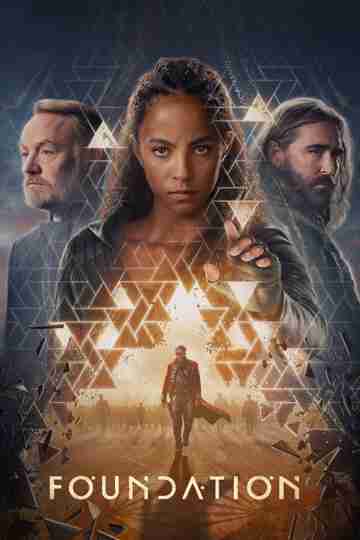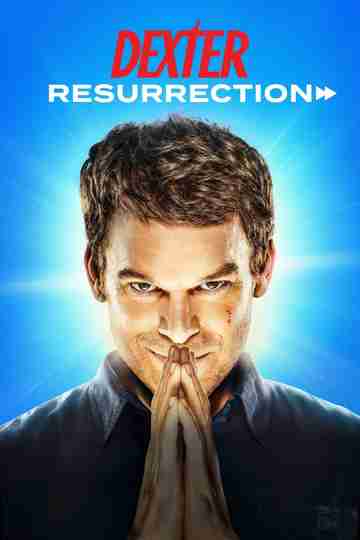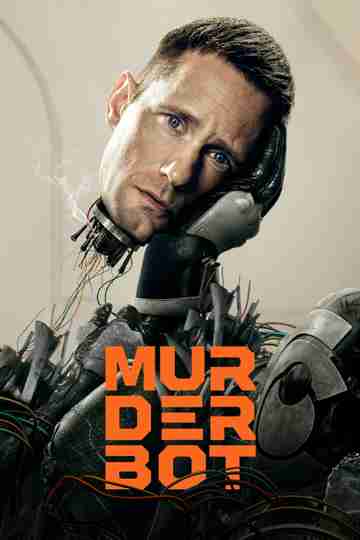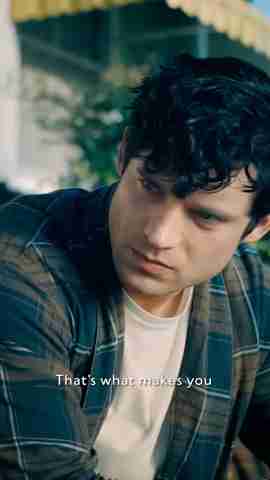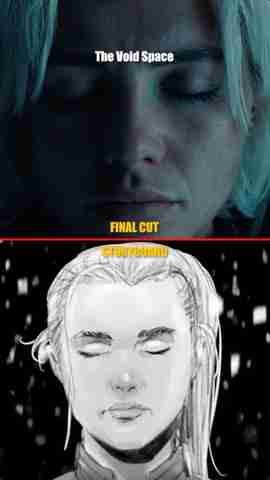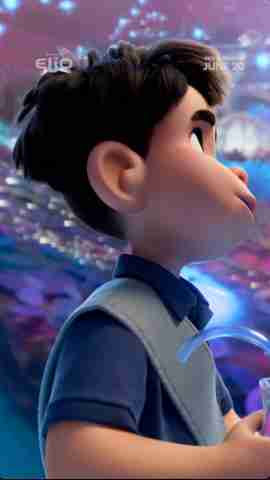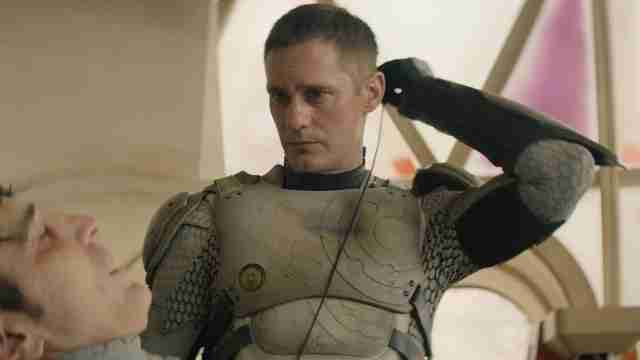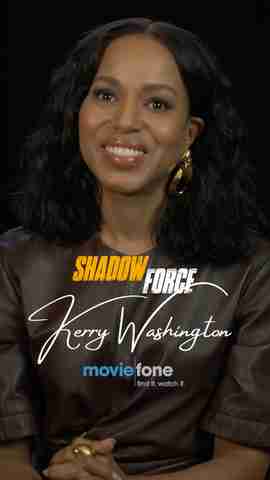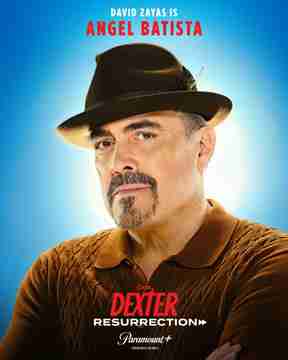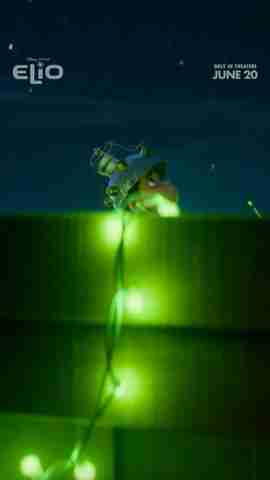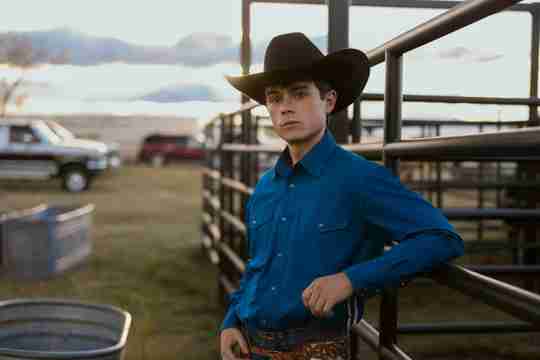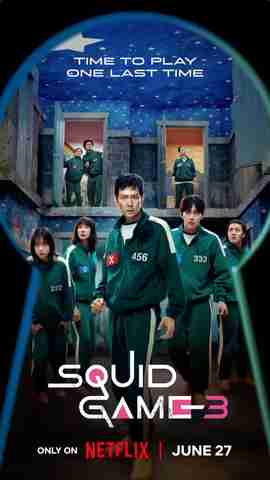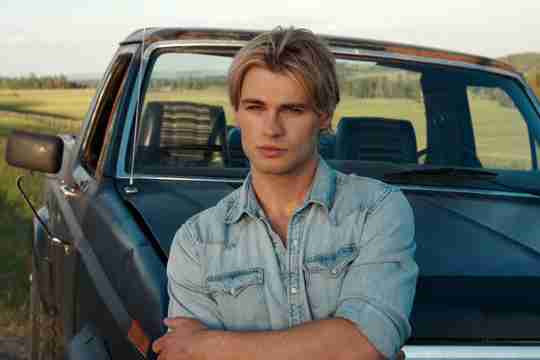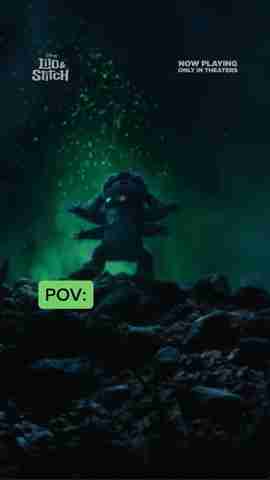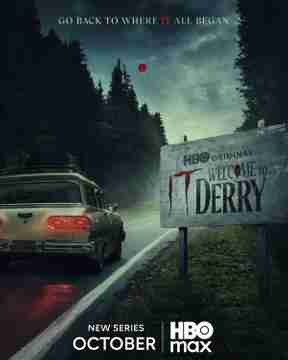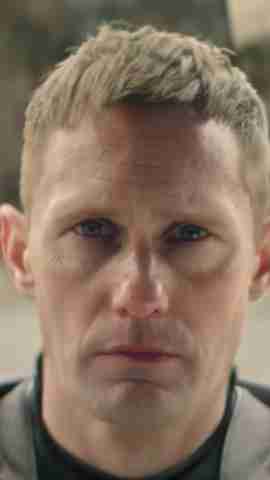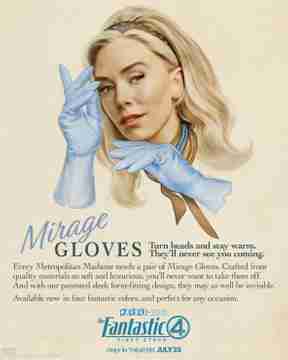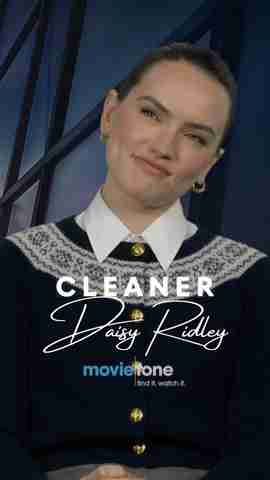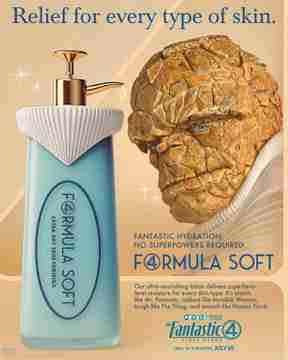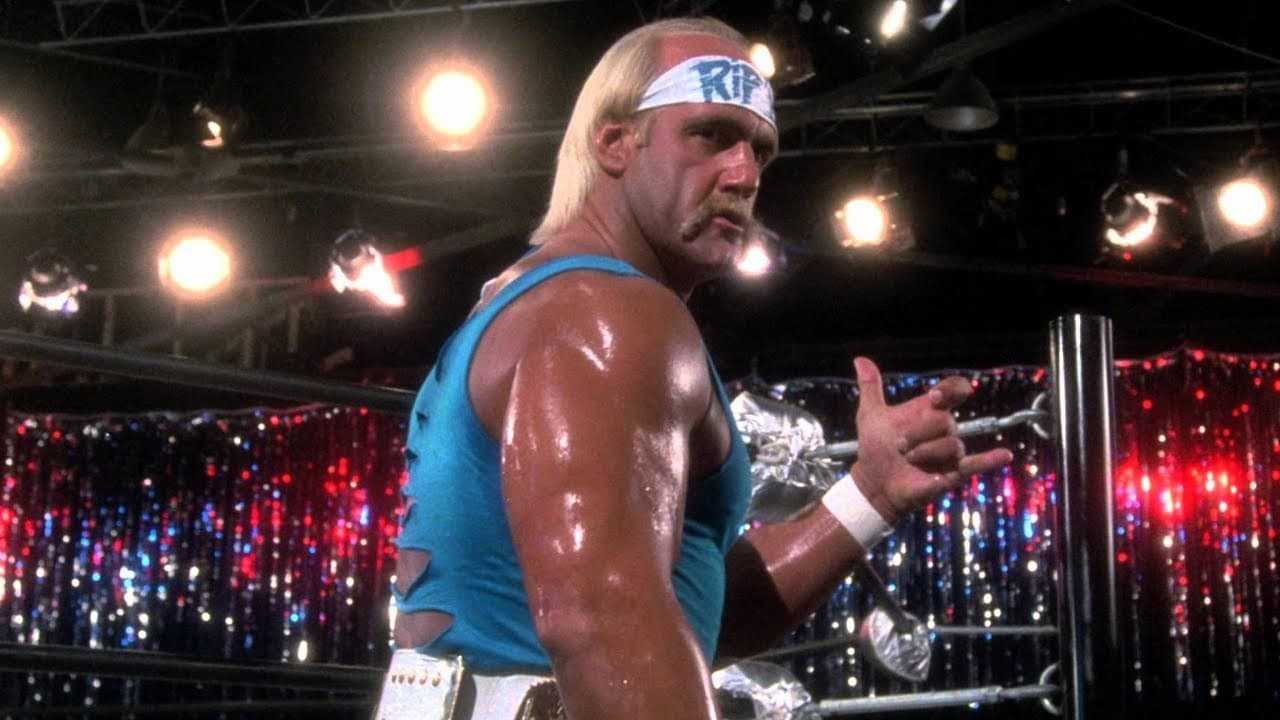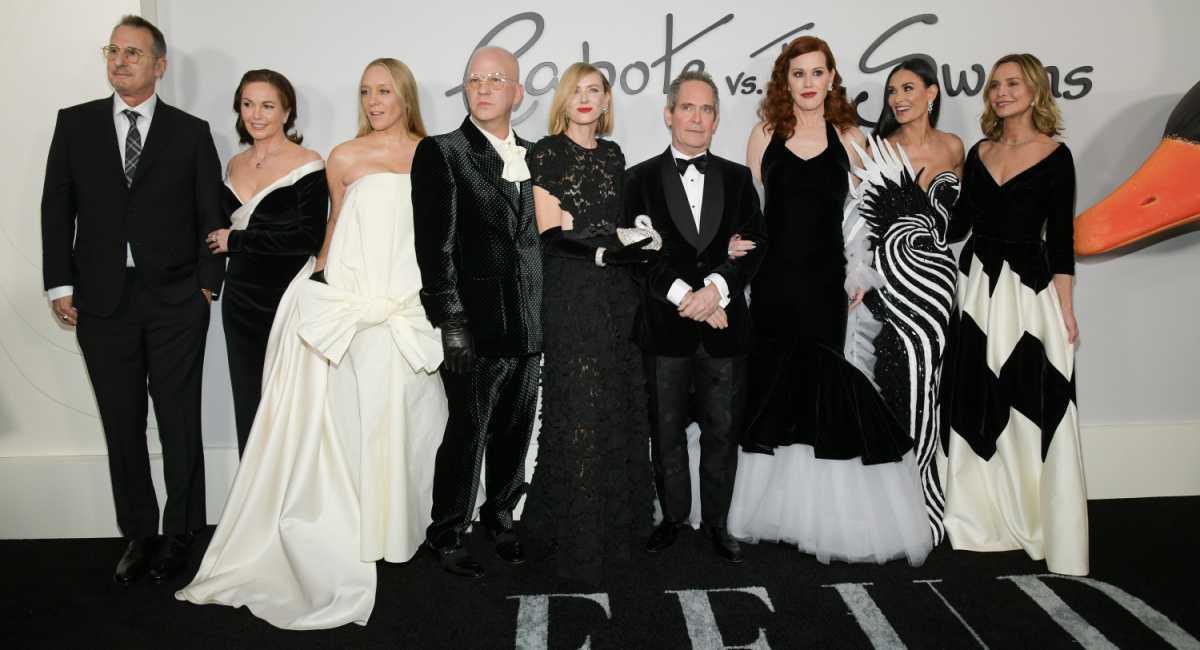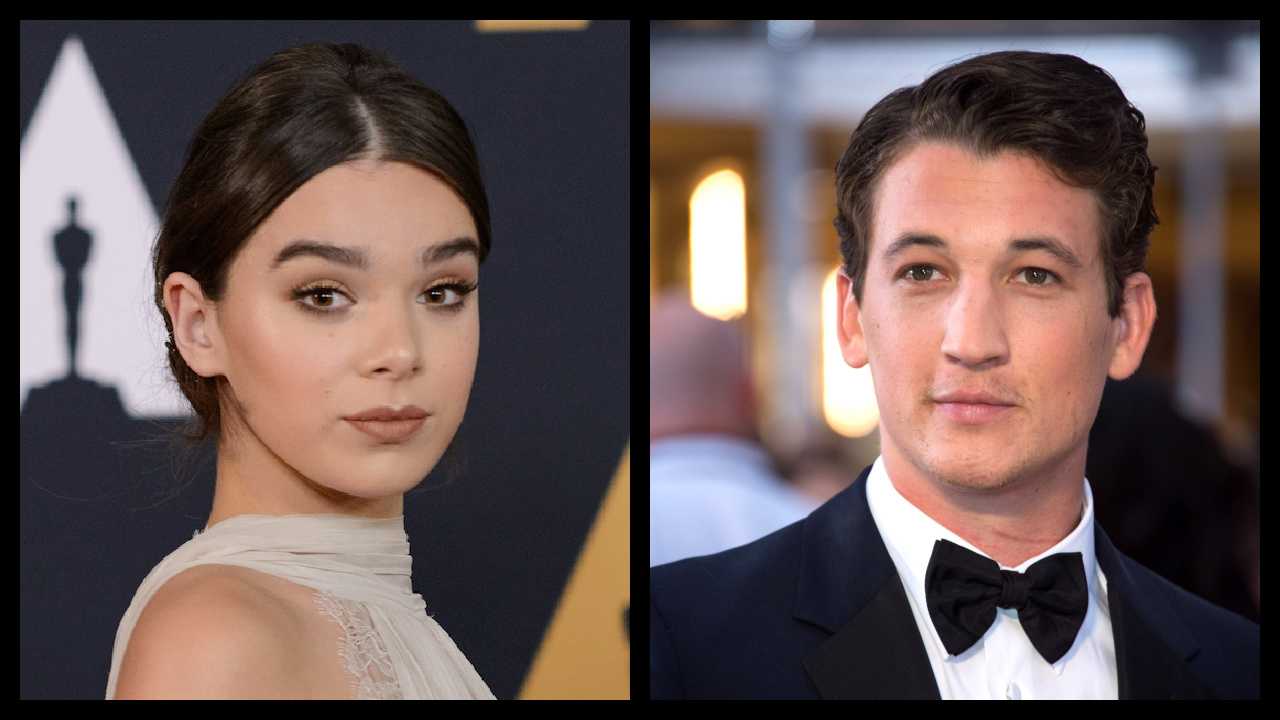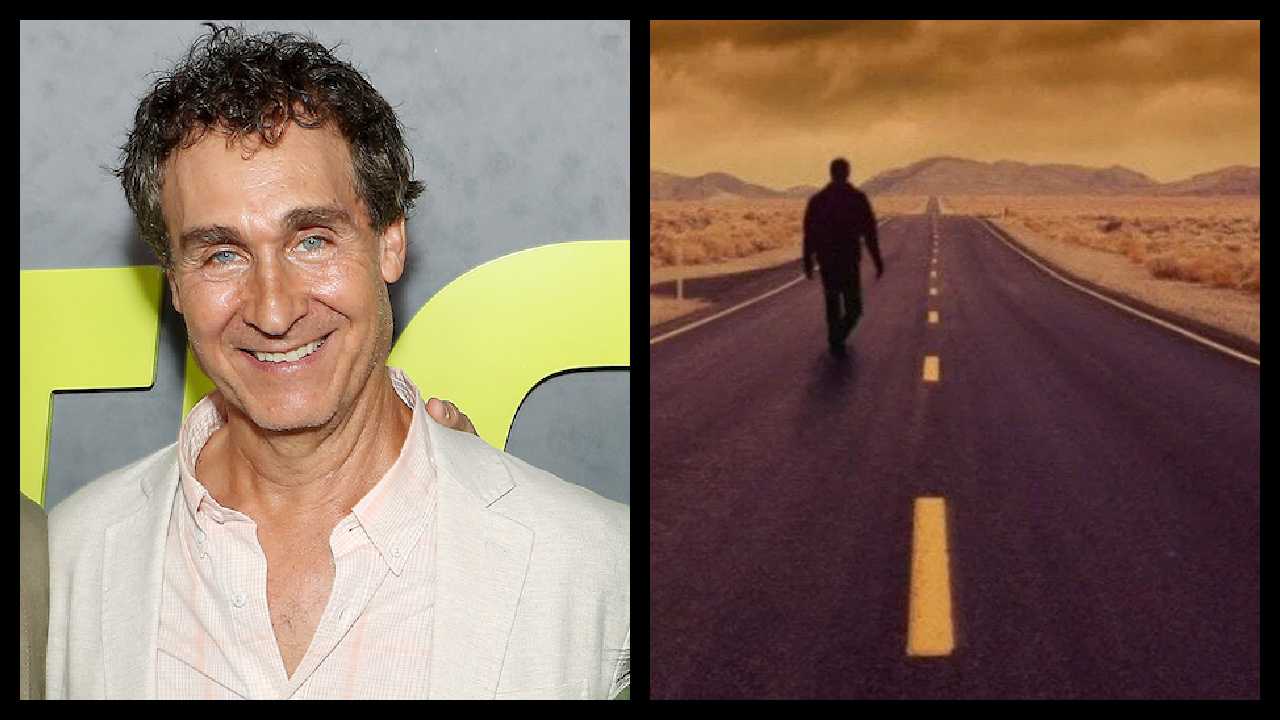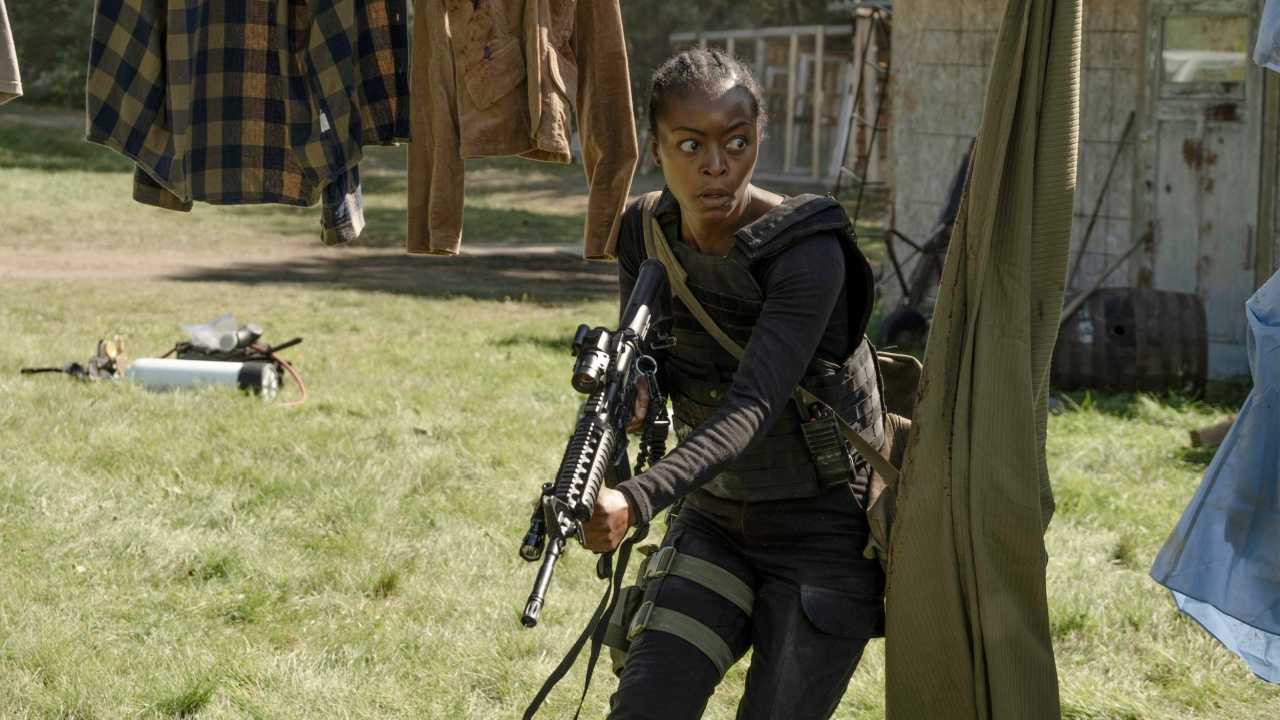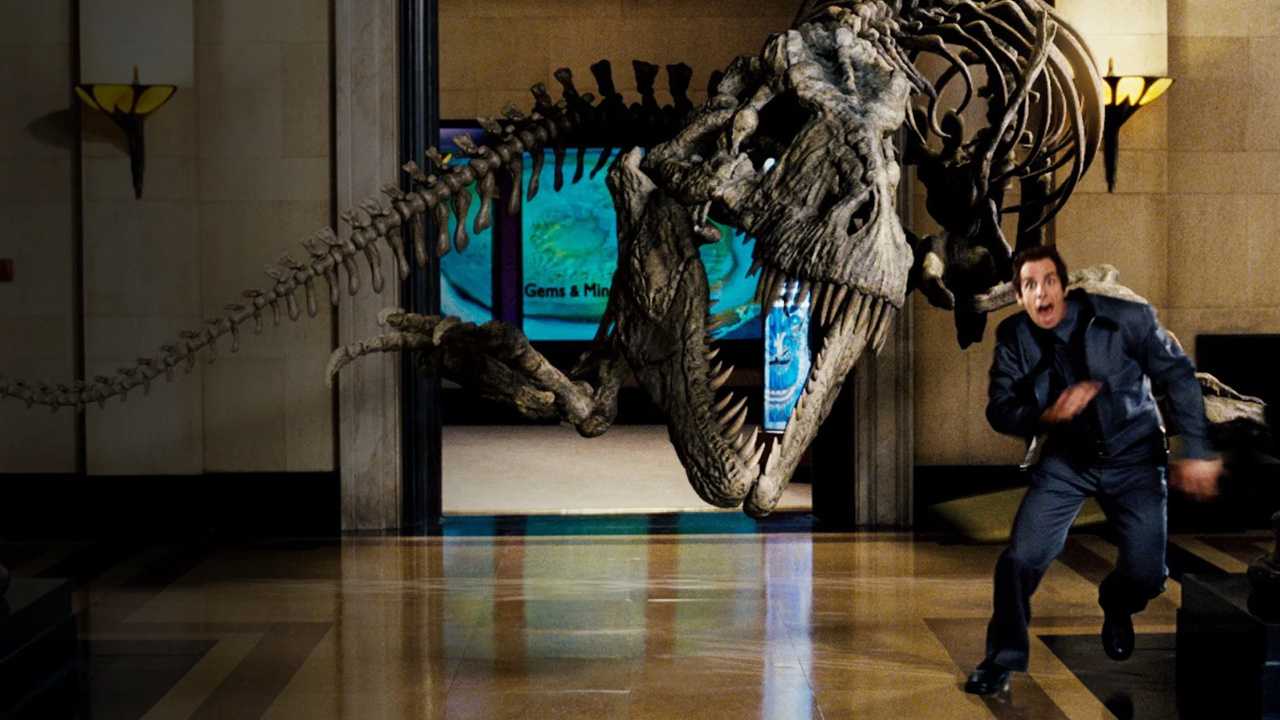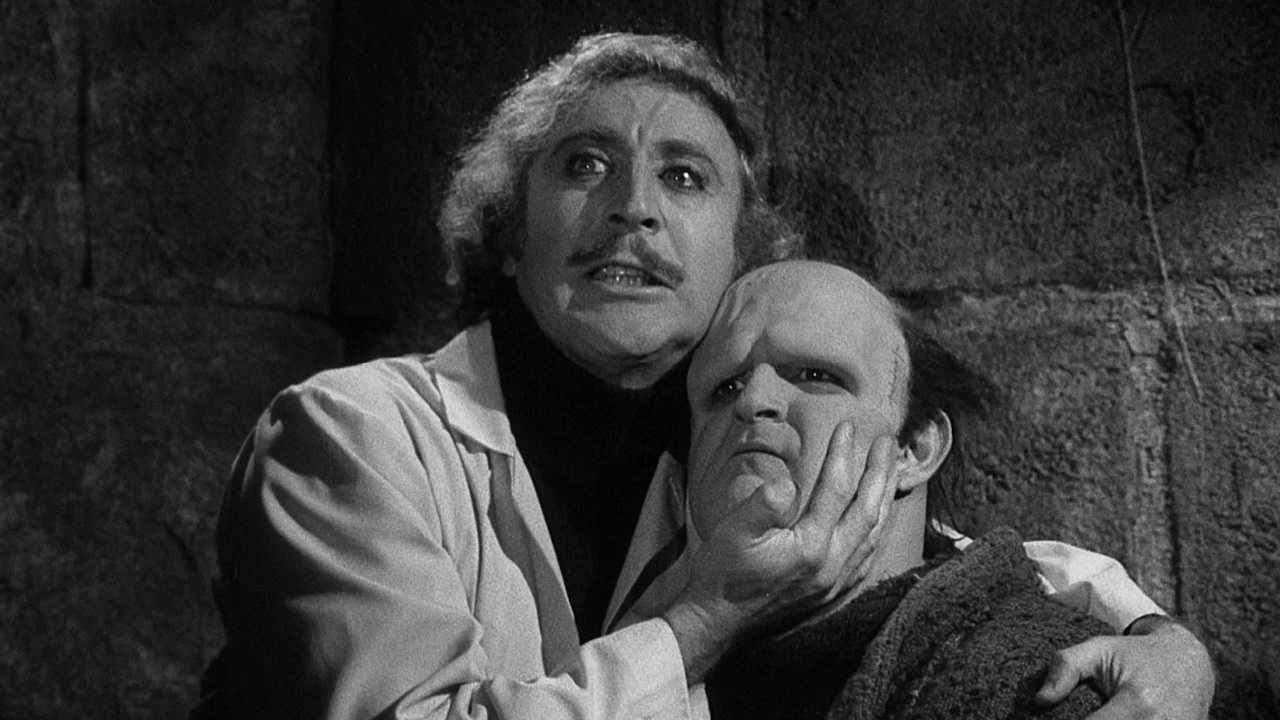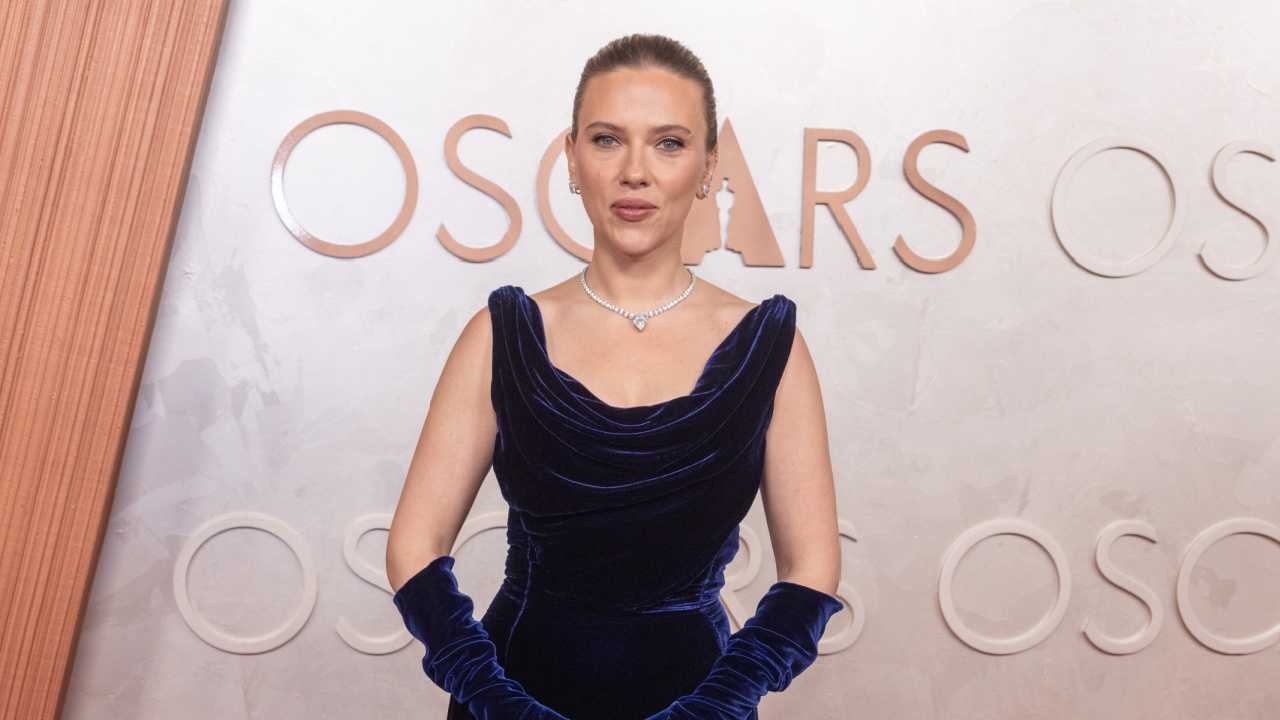Joaquin Phoenix Talks About Reteaming with Gus Van Sant for 'Don't Worry, He Won't Get Far On Foot'
Joaquin Phoenix is having quite a year.
Earlier in 2018, he saw the release of Lynne Ramsay's "You Were Never Really Here" and the arty thriller remains one of the very best movies of 2018. (Keep in mind that he won an acting prize at the previous year's Cannes Film Festival, where an unfinished version of the movie screened.) And later this year, he'll appear in "The Sisters Brothers," which besides being the best-titled movie in the universe, also marks the English language debut of certifiable genius filmmaker Jacques Audiard.
And what's more, he's starring in one of the most enjoyable movies of the year (yes another one) right now -- Gus Van Sant's "Don't Worry, He Won't Get Far on Foot," a lyrical, often hilarious biography of quadriplegic cartoonist John Callahan. Not only is the film thoughtful and moving, but it's also amazing to see Phoenix reteam with Gus Van Sant for the first time since 1995's "To Die For" (!) Really, it's great.
So you can imagine what a thrill it was to get to talk to Phoenix about his process for "Don't Worry, He Won't Get Far on Foot," what it was like to get back together with Van Sant, and what his thoughts are on working with Amazon Studios.
Moviefone: This is the first time you've worked with Gus since "To Die For." What was that process like? Had there been other projects that had almost happened?
Joaquin Phoenix: I've stayed in touch with Gus over the years, and there have been a couple of things that were looked at, but never quite worked. But I was always interested in working with him again, because he was so instrumental in the kind of actor I am. I worked with him at a really crucial part of my career. I hadn't worked since I was a kid, and then I worked when I was 19 years old. He really changed the way I thought about acting. So I was really eager to work with him again. The process was incredible. In some ways, it was like being back in '95 or whenever it was. Have you ever met him?
Yes, I met him when he was doing press for "Promised Land." He's so calming.
Exactly! That's what I was going to say. That quality is something that I think actors really benefit from.
Before you signed on, did you know of the work of John Callahan?
I didn't. I wasn't familiar with him at all.
So, keeping that in mind, what was your research process like?
Well, the first thing I did was read his autobiography several times. He's so forthright and honest about so much in his life, and it really gives you a sense of the kind of man that he was and the man that he became.
Gus had several hours of footage that he'd shot of John from the '90s, and so I got those tapes and that was really helpful because I was able to get really specific about his movements and his physicality. As I learned through the research -- and this may seem obvious -- but not every person's body reacts in the same ways to the same injury. So John was a C5/C6, and my assumption was that everybody that was a C5/C6 -- their body reacts in the same way. But that was not the case. And so the footage was really helpful for me to identify John's very specific movements.
Then I went down to Rancho Los Amigos and met with the quads there. Rancho Los Amigos was the rehabilitation hospital John went to after the accident.
What was maybe most helpful was speaking to some of the employees, as well. Some in particular helped me realize what motivated John's movements. I didn't want to mimic his movements, I wanted to understand why, and I had to figure it out. They pointed out that it was because he was in pain, so he was always trying to shift his body. That really changed the way I thought about a lot of the scenes and the character, because in the videos Gus shot, he doesn't seem to be in pain. But it became such a part of his daily life that you wouldn't notice it if you were talking to him and that was an interesting insight.
Did you end up talking to any of the people from John's life?
Yeah, we met with one of his girlfriends and with family members. And then people in Portland. He was pretty notorious in Portland. Everybody knew him. So we went up to Portland and met his fans and people who knew him.
This is the second movie you've made this year for Amazon Studios. What was that process like for you and how do you see things going?
Listen, it's like with every new technology -- you have to adjust. I always think about vinyl. Back when records didn't hold so much information. You couldn't have a 14-minute composition. That's how the three-minute pop song was invented. And you think about the Beatles and "Sgt. Pepper's." I imagine people at the time were going, "What the f**k is this?" What the artist does with the new technology always determines whether it's culturally beneficial or not. In some ways, there is this idea that for things to be in the theater, they require a cinematic experience. I think there's something great about those standards. When I was making movies in the '90s, they'd give you $30 million to make almost anything, with the independent boom. These days, it seems like more of a struggle to make those kinds of movies. That's painful and difficult in some ways, and it might be pushing us in other ways that are ultimately going to be beneficial.
You've obviously had an amazing year so far and have a really exciting movie coming out with "The Sisters Brothers." Can you talk about what it was like working with Jacques Audiard on his first English language movie?
Oh, man. Making that movie was incredible. It was challenging at times, it was long, there were a lot of difficult locations, but I loved working with John and Jacques is one of the most insightful, perceptive directors I've ever worked with -- and I would do anything to have the opportunity to work with him again. He's just … f**k … he's just brilliant. It was almost intimidating how brilliant he was. He is also very kind and thoughtful and he loves filmmaking and you can just tell. He's somebody who is really inspiring to be around.
Besides Jacques and Gus, obviously you've worked with some amazing directors from PTA to Spike Jonze to Lynne Ramsay. Are there still people who you'd love to work with and who are you itchy to reteam with?
I get asked this question all the time and every time I say, "I am going to remember the directors I want to work with" and I swear to God every f**king time I forget. It's so frustrating because I want to send out a signal that says, "Hey, I want to work with you." I'm very fortunate in terms of the people I've gotten to work with and certainly in the last several years every director I've worked with, I'd want to do it again. I'm anxious to work with Lynne again. The moment we were done filming, I started to talk to Gus. And obviously Paul. I've just been very lucky.
"Don't Worry, He Won't Get Far On Foot" is in limited release now and expanding every week. Go see it!

